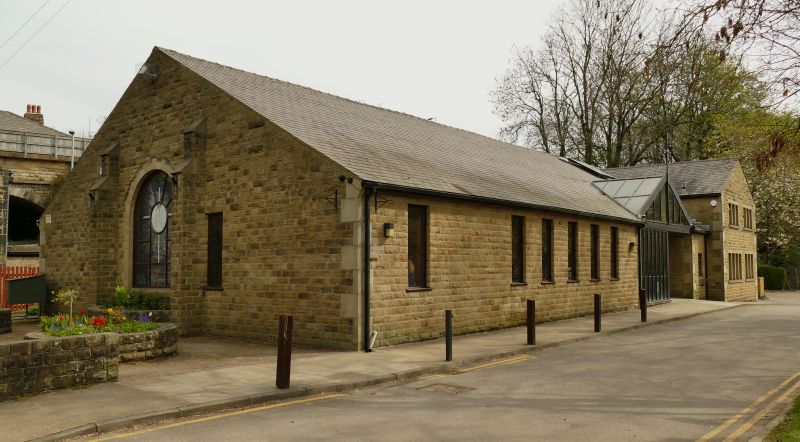
from freebibleimages.org
Today’s hymn from Sing Praise, “Blessed, those whose hearts are gentle”, is not dissimilar to the Gospel chants of the last few days, as suggested also by the words in the refrain “Raise the Gospel over the earth!” However, both the verses and the ‘alleluia’ refrain are longer than in the others, and it would work as a congregational hymn.
The six verses come in two pairs, and the thrust of the words is typical of the composer, Bernadette Farrell, most of whose hymns are about issues of social justice and inclusion. First are two verses with the repeated statement “Blessed are…”, which immediately recalls the Beatitudes of Jesus. But these are not directly quoting the Beatitudes. Here, those who are blessed are ‘those whose hearts are gentle, whose spirits are strong, who choose to bring forth right where there is wrong, who work for justice, who answer the call, who dare to dream of lasting peace for all’.
In the third and fourth verses, “Blessed” is replaced with “Tremble”. This is about the privileged who should be in fear of God for failing to meet his standards of justice. ‘You who build up riches, with opulent lives’ should ‘tremble … when you meet the poor and see Christ in their eyes’. And ‘you who thirst for power, who live for acclaim’ should ‘tremble… when you find no comfort in your wealth and fame’. This seems highly relevant in the context of current British politics, with the Government and its advisers increasingly criticised not only for becoming wealthy at the expense of the poor, but for lies and corruption.
The final pair of verses turns back to God and ascribes glory to him, as Word of Justice, Spirit of Peace and God of Love. But glory is also said to be “upon all people equal in God’s eyes”. To sing this hymn is to remind ourselves that God’s call is never only to live for him in our own lives but to strive for these divine qualities of justice, equality, peace and so on in the lives of others.
